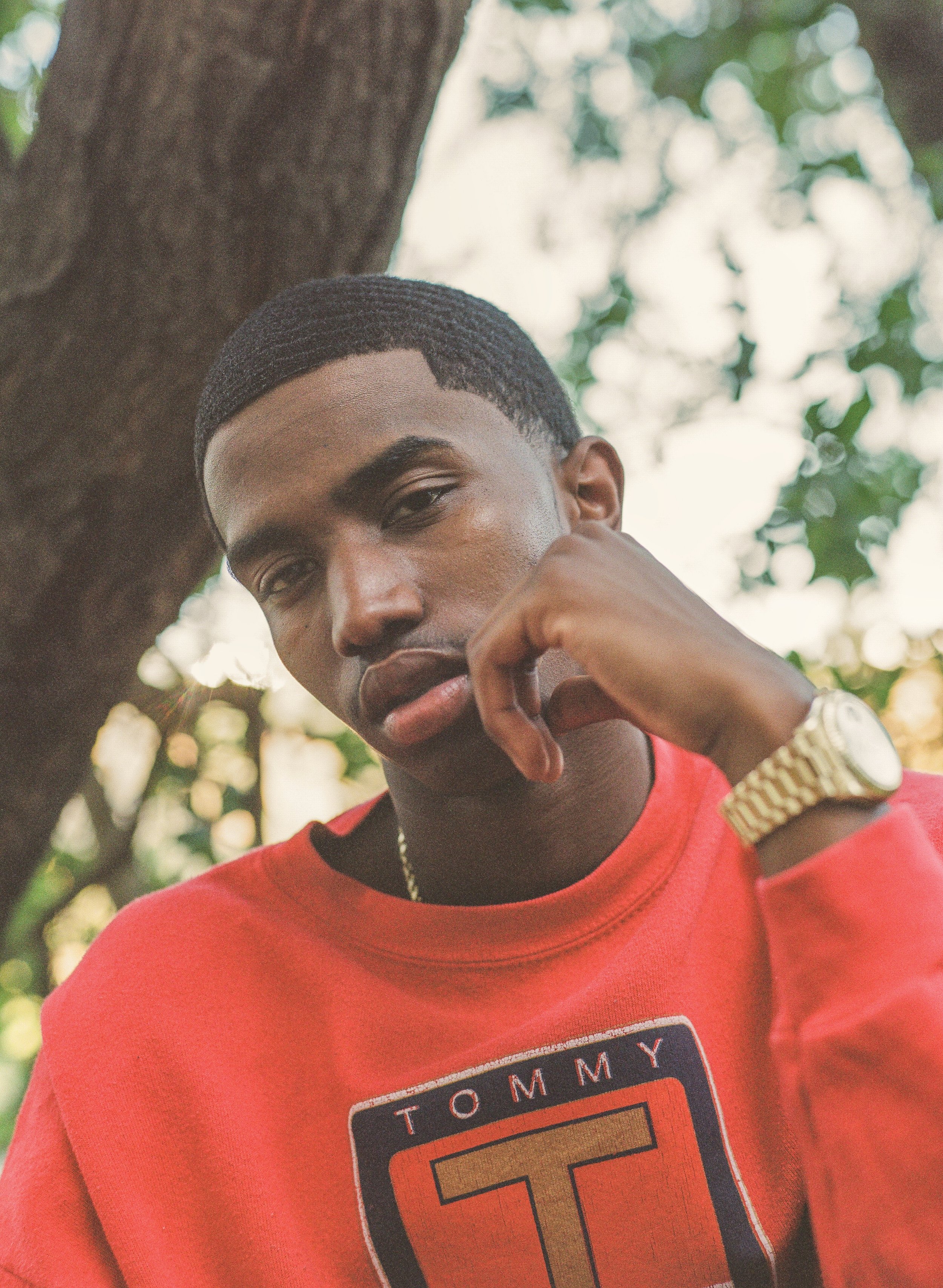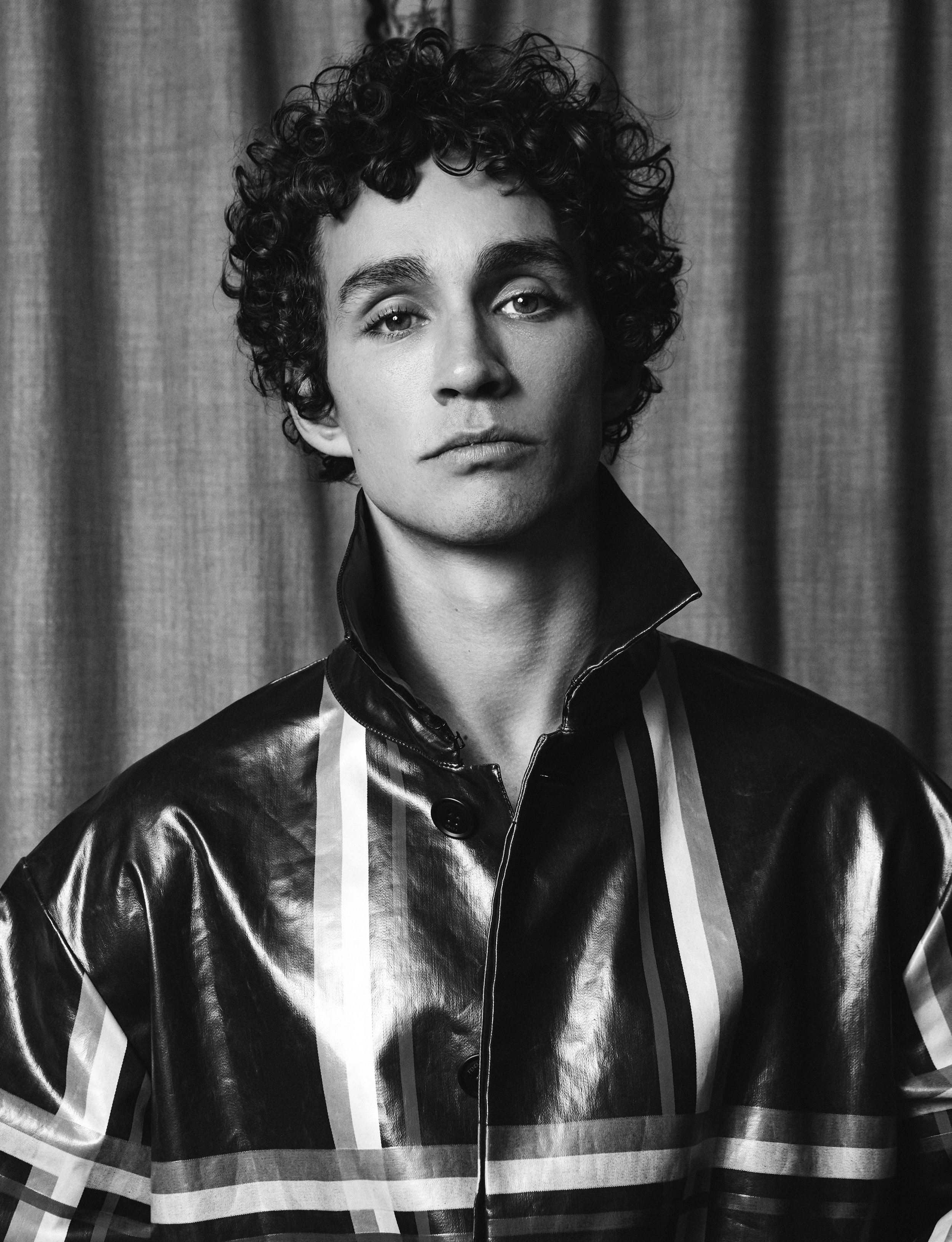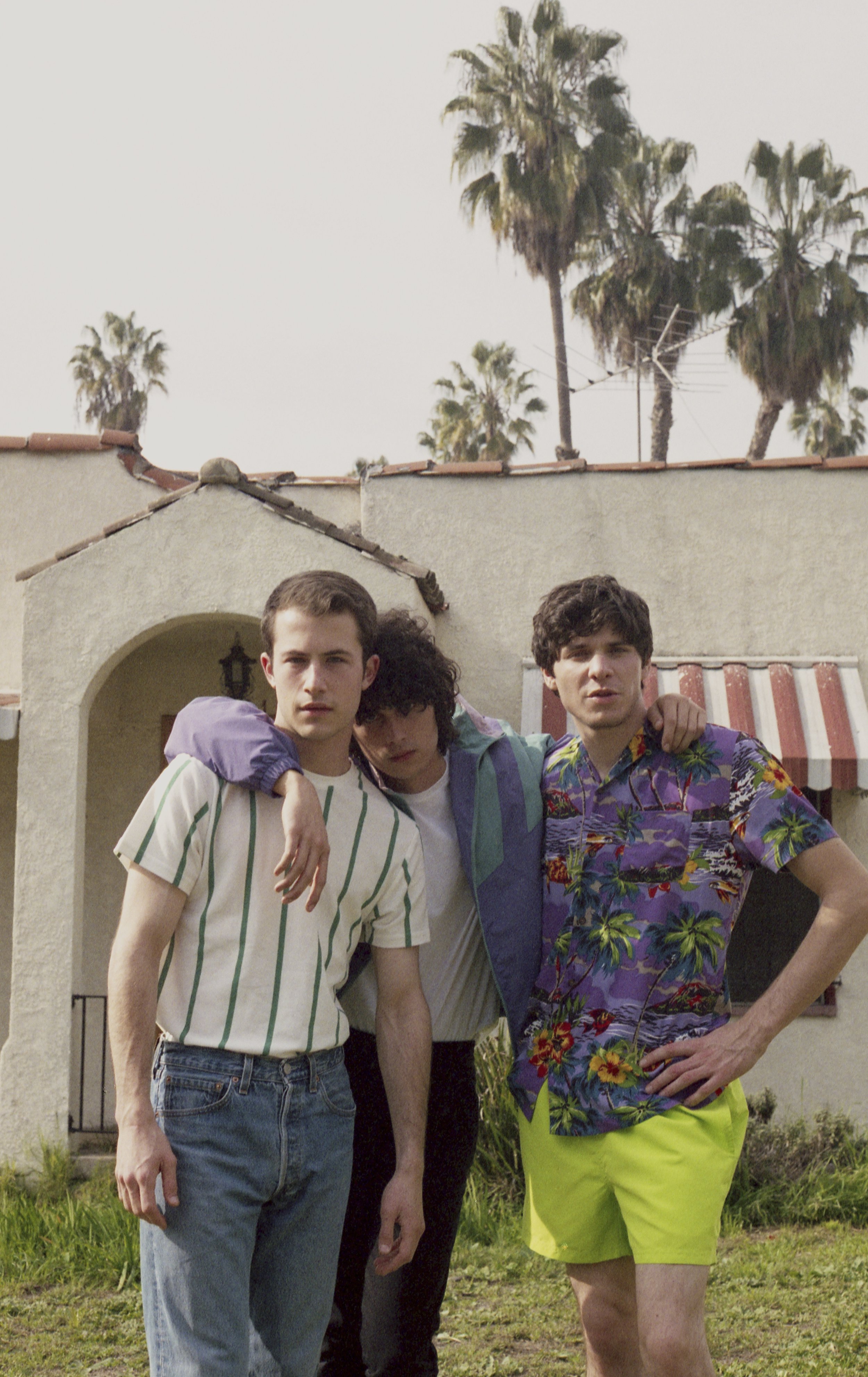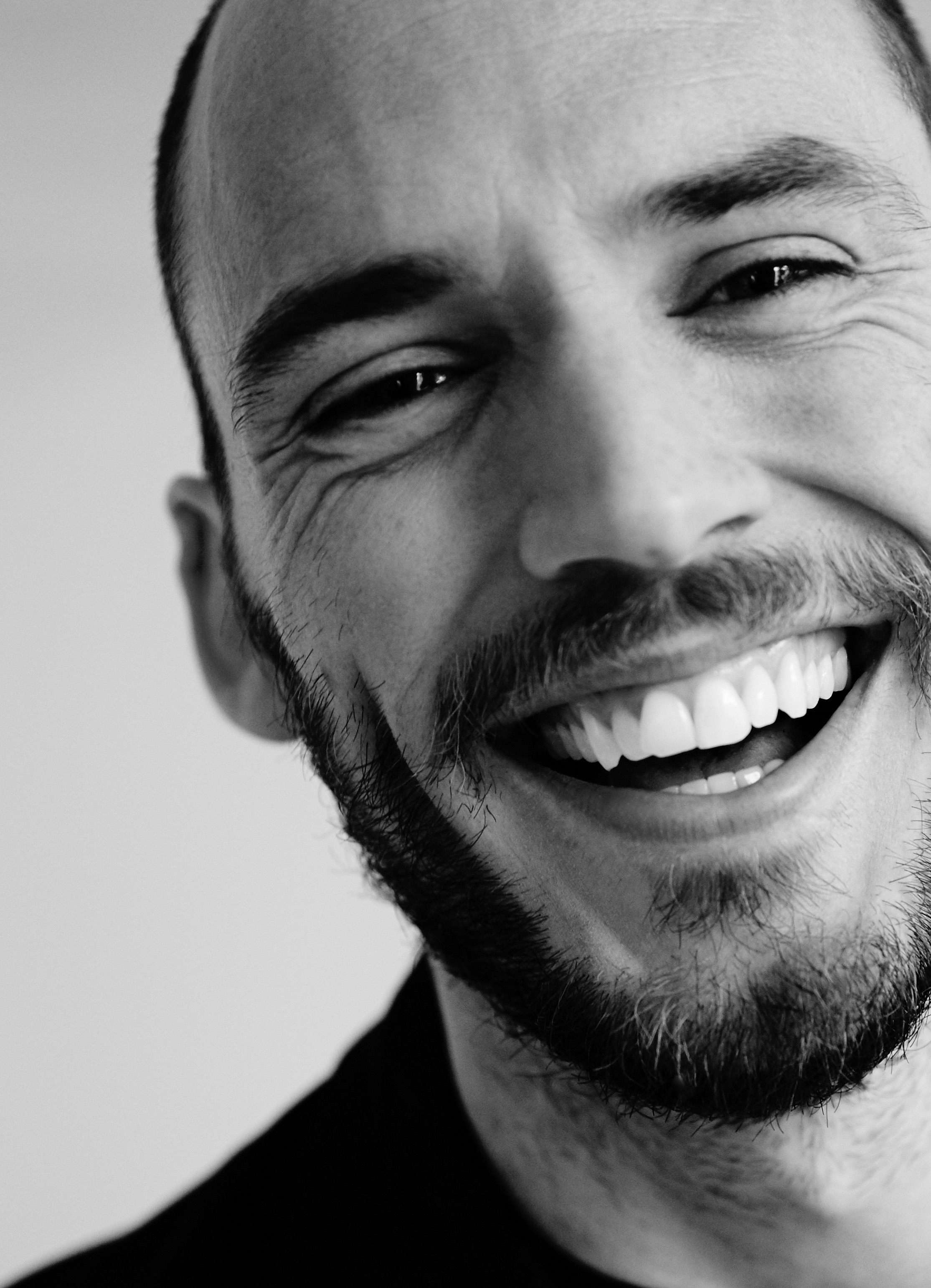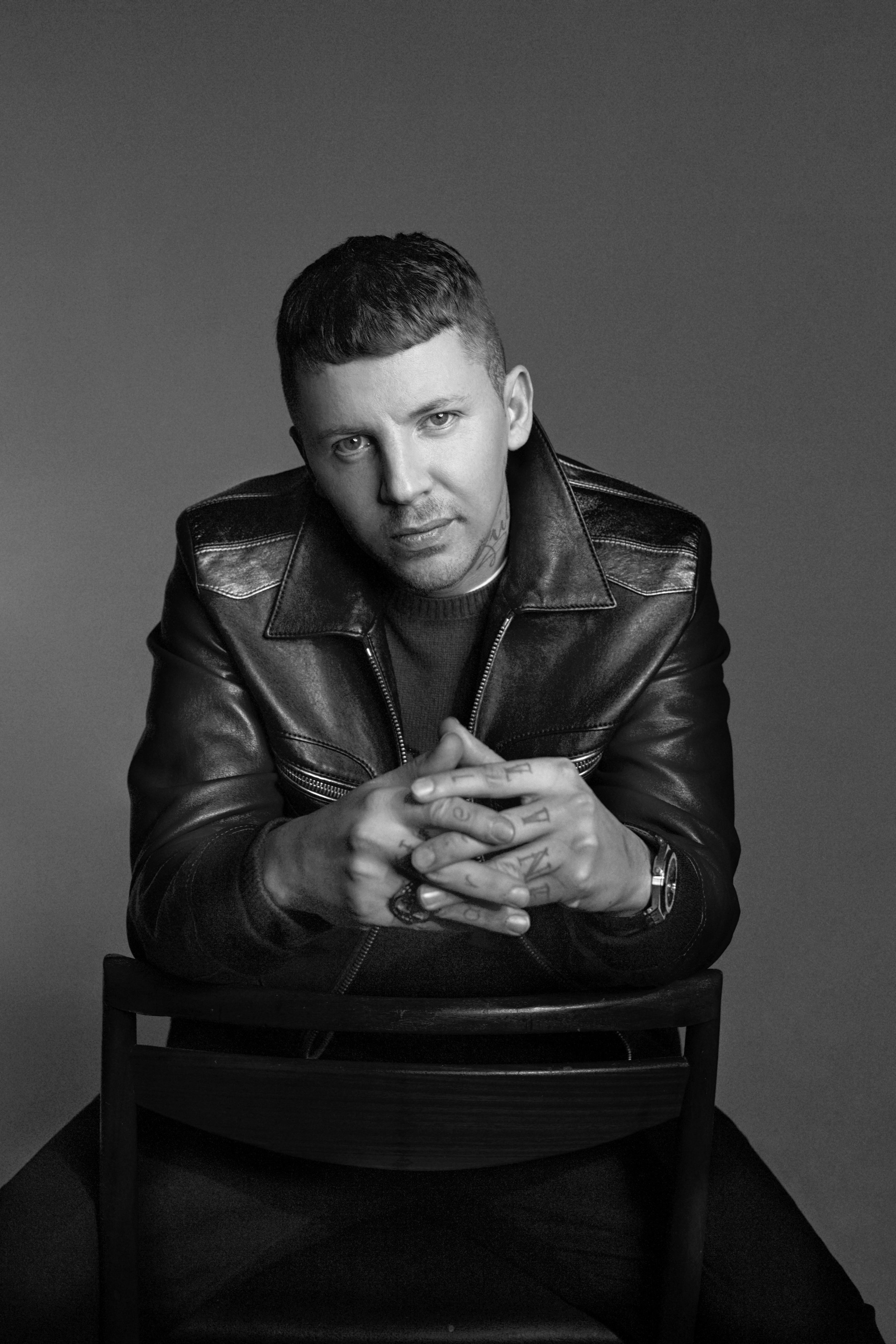Winston Duke
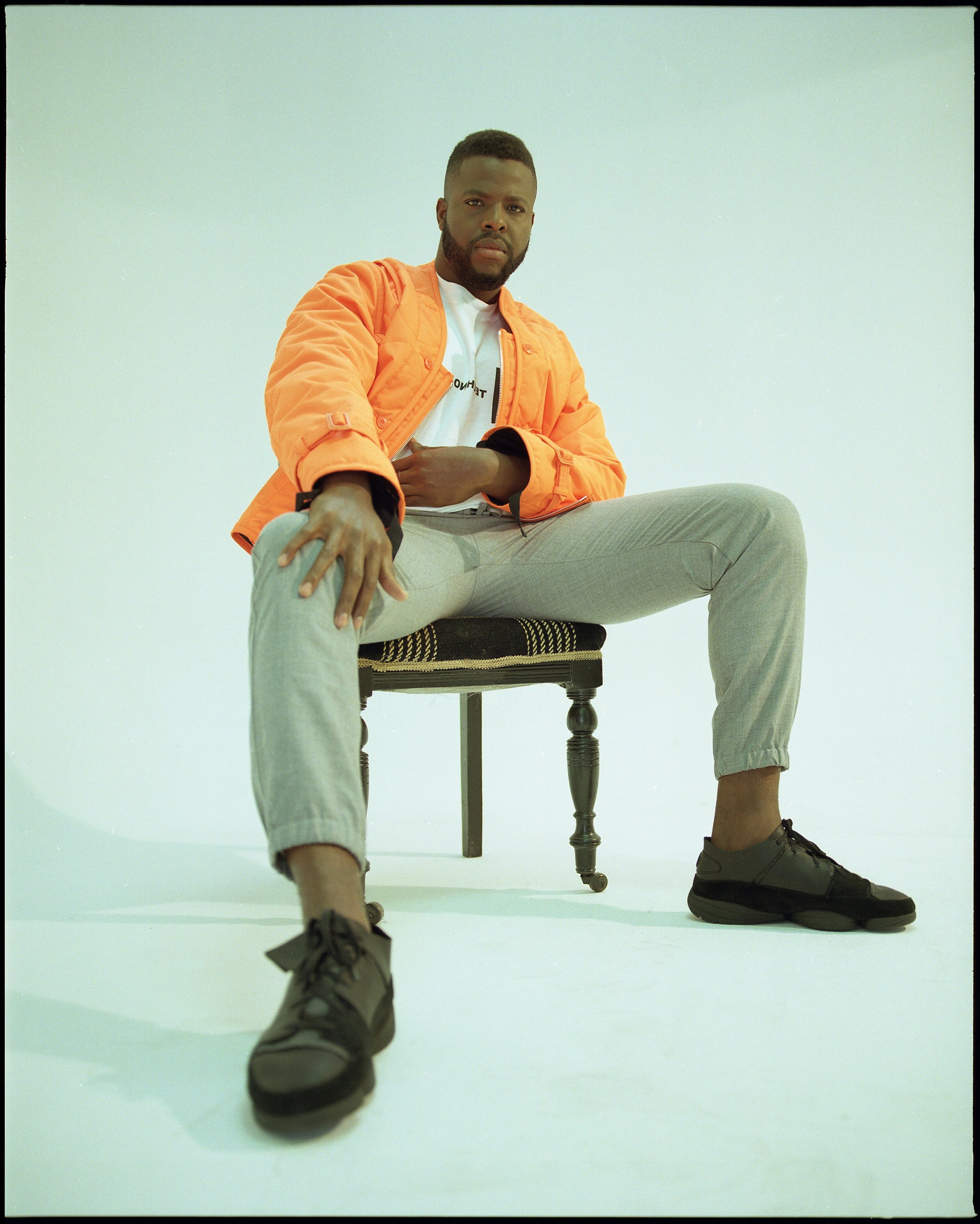
Unless you’ve been living under a rock for the last few months, you’ll be aware that Black Panther is undisputedly the biggest film on the planet at the moment. Scoring the 15th biggest box office opening weekend of all time, the film has been universally praised for its celebration of African culture and for creating a revolutionary new era of black superheroes. “It’s out of this world!” Winston Duke beams down the phone when I ask about the film’s reception. “Only a creation like Wakanda could do that. It’s nothing that I could ever have imagined. I’m at a loss for words!”
Playing the character of M’Baku, Duke is the standout scene stealer of the entire film. The antihero with arguably one of the best story arcs, the role has seen the 31-year-old actor being hailed as an incredible new talent with a compelling on-screen presence. “It’s just so great to know that people are seeing my work and that I’m being recognised for the work that I’ve put in and the small touches that come together to make something much larger and more meaningful.”
Researching the role deeply, these “small touches” are what add such power to Duke’s performance. Preparing for the character by reading the original comic books, researching “problematic historical leaders" and studying Senegalese wrestlers (something he insists I Google straight away), everything Duke does as M’Baku has meaning behind it - from the way he continually uses “we” as opposed to “I” throughout the film to demonstrate his loyalty to his people, to his use of a different dialect to convey the Jabari tribe's separation from the people of Wakanda. “It’s a really great thing to be recognised for, especially in the scenes that were not that long, and to convey all those things and for the audience to get all that is really great, that’s all I wanted.” He tells me. “I just wanted to make the best choices to tell the story.”
Talking about the character and his place in Black Panther, it’s clear how much it means to Duke to be part of something so important. “I’m from Trinidad and Tobago and the film means a lot to me and people from my community.” He explains. “I feel good about it, to be part of something like this and have such far reaching effects. It’s incredibly meaningful and, to be honest, a creation like Wakanda - this utopian African society and narrative - it doesn’t just belong to Marvel, it belongs to all people that are like ourselves, because we’re the people who create Wakandas in our heads because we live in places where we are oppressed, we live in places where we don’t have all our rights and we’re not connected to our homes.”
Adapting the role from how the character appears in the original comics, writers Ryan Coogler (who also directs the film) and Joe Robert Cole turned what was previously a totally villainous character into one with a heart. “I like the comics, so I was deeply familiar with all the iterations of Black Panther.” Duke tells me. “I’m customary with the character of M’Baku. He’s just really an ego driven, monstrous villain. An antagonist for no good reason, like Iago from Othello. Then they took my character and made him a human, so they made him a really deeply attached person to his community, so his attachments are his people, his attachments are his history, his culture, and the responsibilities he has to all those things.”
This change to the role and the magic that Duke brings to it is what has made M’Baku such a compelling and captivating character. I ask Duke if he’s had anyone come up to him since the film has been out and can practically hear him smiling down the phone. “Last week I was signing autographs after a screening for the public and a kid came up to me and said ‘oh my god, you’re the guy who saves the day, who made the monkey noises!’ and I said ‘yeah, that’s me!’” He laughs. “It also felt really great to know that he can associate monkey noises with something really positive and empowering and endearing and not the stereotypical narratives that would degrade him as a young black boy. That was really meaningful to me. It’s not that I’m going to go around making those noises but he should be free to express himself how he wants and to make those noises if he wants without being held to those narratives. It felt really great.”
It’s stories like these which are the perfect example of why Black Panther is so important as a film. A few days before we speak, former First Lady Michelle Obama takes to Twitter to praise the film's significance in a tweet championing Black Panther for finally showing young audiences superheroes that look like them on the big screen. “Yeah, I took a screenshot and put it on my Instagram!” Duke exclaims. “It’s reaching everyone. What is revolutionary about it is not that people are committing to watching it once or twice or three times a day, but that they’re gifting the film - gifting it to their kids and to their communities and that’s something that I’ve not really seen with these kinds of films before.” He pauses. “The event that it has created is just beyond my wildest imagination. People will say ‘hey, 20 years ago in 2018, what changed your life?’ and some kids are going to say ‘Black Panther changed my life.’”
Photography - Julian Burgueño
Fashion - Jenny Ricker
Makeup and Hair - Sian Richards
Rollacoaster Magazine Spring/Summer 2018 Issue

